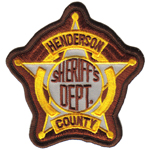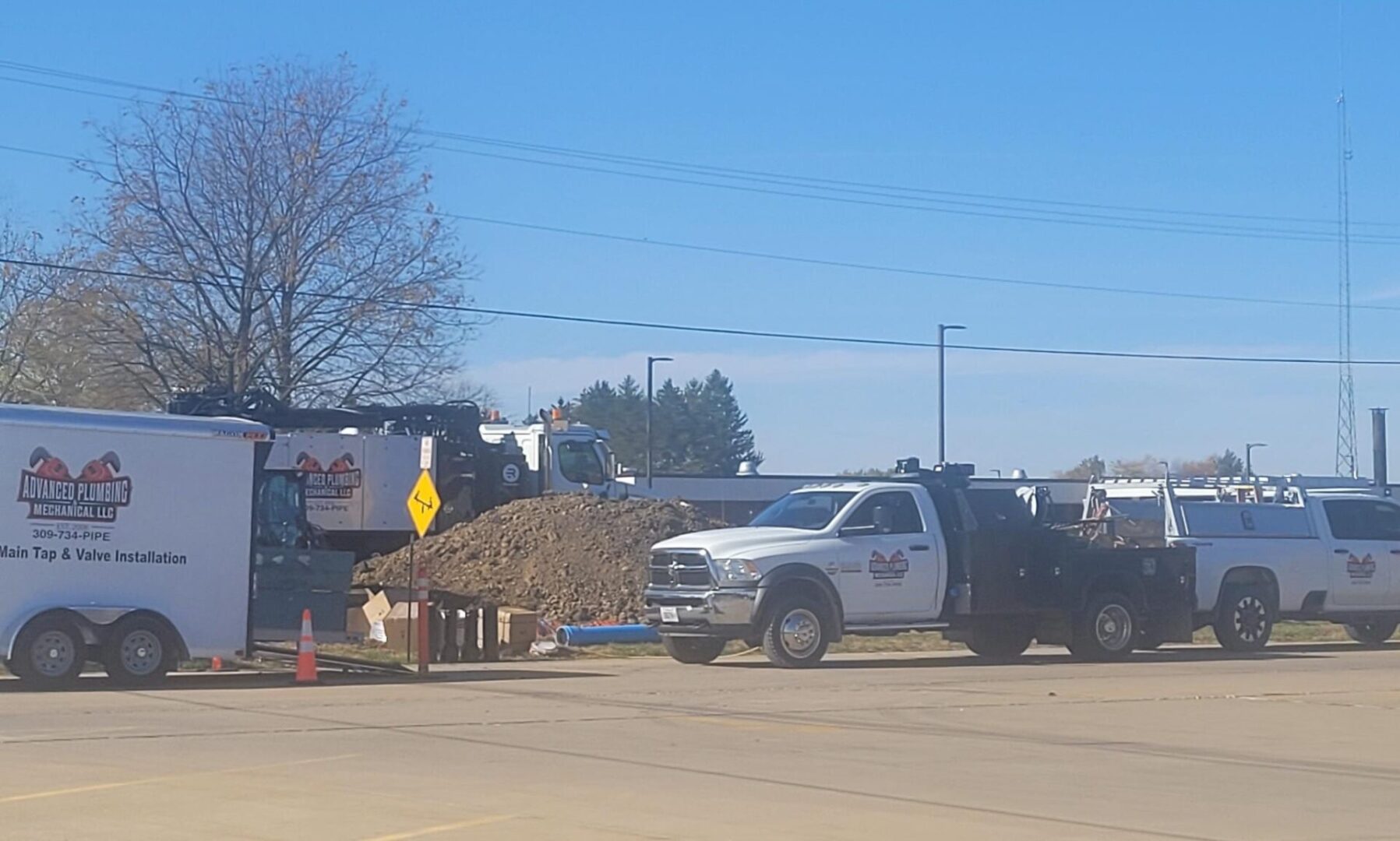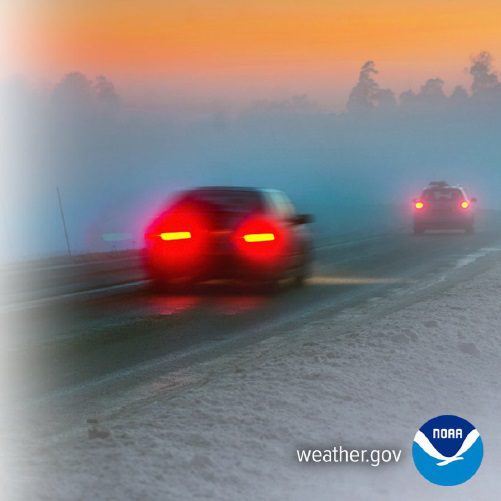Playing it Smart is Key to Shoveling
It’s that time of the year when the first few snowflakes are met with great anticipation by many. But for adults, snow – especially the heavy stuff – also means lots of shoveling, which can lead to an assortment of health-related problems if you’re not careful and properly prepared for the winter season.
“Every year, thousands of people end up in an emergency department due to things happening when they’re shoveling snow,” says Amy Henderson, a family practice physician assistant for OSF HealthCare. “These include falls, sometimes people experience heart attacks from extraneous activities, back injuries amongst other things. So it’s really important to take some caution when you are going to be shoveling snow, and the snow is coming.”
Among the people at the greatest risk of experiencing potential issues while shoveling are the elderly, people with a history of back problems as well as people who have suffered a heart attack or other serious illness. Henderson says to check with your doctor first if you have any concerns about your health.
“If a person develops any chest pain, sharp, radiating arm pain, jaw pain, those are all signs and symptoms of a possible heart attack,” says Henderson. “If those symptoms do not improve with rest after a short amount of time, it’s concerning. My advice would be to seek immediate medical attention if you’re concerned at all about a cardiac event or a heart attack; in this case it’s always good to play it safe than sorry.”
Safety is key when it comes to snow and ice. Henderson offers a few basic tips before getting started with shoveling your sidewalk or driveway.
“One of the most important things to do is wear the appropriate clothing to stay warm and avoid frostbite,” says Henderson. “Also, stretching prior to going out and doing this activity is important so I recommend stretching 5 to 10 minutes before you go out in the cold. I also recommend staying hydrated because you’re doing physical activity.”
Other important tips include:
- Lift with your legs, not your back
- Push (don’t) lift the snow
- Stay low to the ground
- Shovel more frequently
- Take breaks if you feel winded
- Be aware of ice
- Go inside to warm up in order to avoid frostbite
The same suggestions apply when using a snow blower. Many people are injured every year by pushing their snow blower, twisting their body or reaching into the snow blower.
The bottom line when it comes to snow shoveling, Henderson says, is play it safe, take your time and be sure to let your loved ones and friends know what you’re up to in the event something does happen. And don’t be afraid to ask for help.
“If you really should not be shoveling snow, or you’re at higher risk, I recommend trying to find someone else who can do it for you, whether that’s a neighbor or a family member. I highly recommend that,” adds Henderson. “It’s not worth the broken hip or the hospital follow up. Another thing for people who are at higher risk is to bring a cellphone. If you do fall, you’re able to call somebody.”
Before you bundle up and head outside to shovel your driveway, make sure you follow proper safety measures to avoid injury. If you or a loved one experiences severe injury, heart attack, or other medical emergencies while shoveling snow, call 911.
For more information about snow shoveling, visit OSF HealthCare.
***Report Courtesy of OSF HealthCare***















